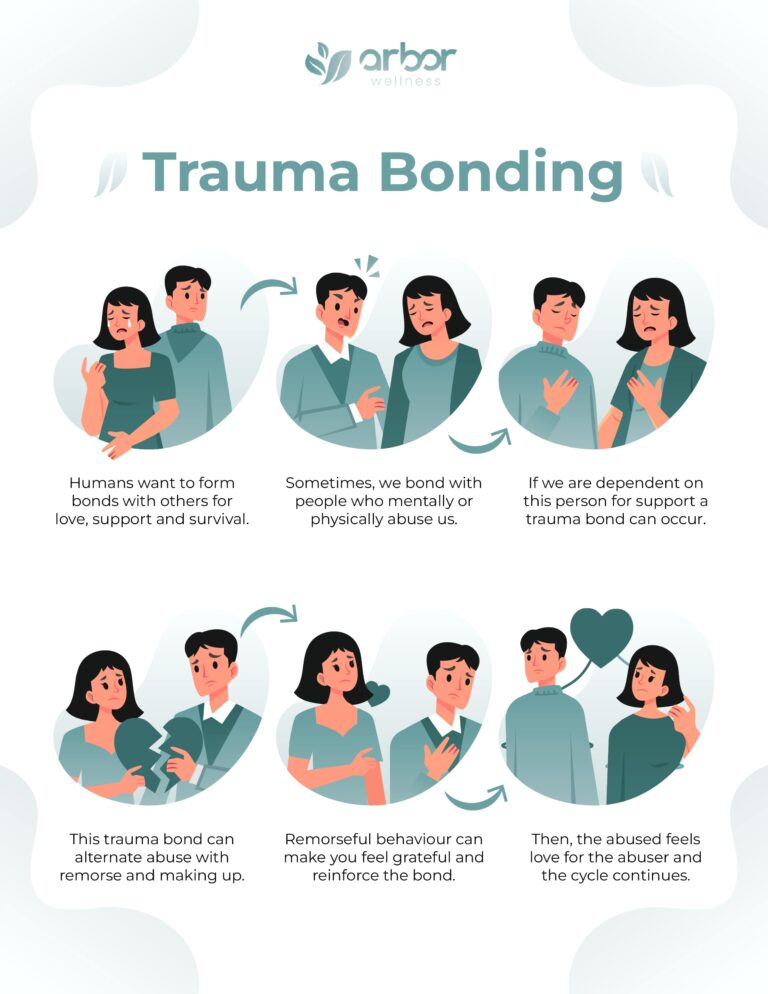It’s been getting harder and harder to get out of bed in the morning. And when you get to work, it feels like it takes every ounce of effort you have just to focus on the job and get everything done. If you had the flu, you’d have no problem calling in sick. But what happens when you’re simply emotionally exhausted, but you’re not sure how to ask for a mental health day?
Know Your Organization’s Mental Health Policies
If your workplace has an employee handbook, it’s a good idea to familiarize yourself with what is and is not required when you take a day off. Some companies mandate a doctor’s note. Other organizations don’t demand any documentation. Some places even include mental health in their sick day policy.
Knowing what’s expected of you ahead of time can help you decide how to ask for a mental health day.
Consider Your Relationship With Your Supervisor
When you make the call, who will you be speaking to? Do you have a mutually respectful relationship with this person? In other words, if you call and say, “Look, I’m having a tough time with my mental health, and I need to take a day,” how will they respond?
Hopefully, your supervisor (or whoever else you report to) will be both understanding and accommodating. Unfortunately, we all know that’s not a universal experience. Some bosses can be overly demanding or downright disrespectful. The likely response of the person you need to inform is an important factor to consider when you’re thinking about how to ask for a mental health day.
Be Honest
Concocting some wild excuse about why you need to call off can cause a host of problems. If you instead opt to say something like, “Hey, I’m not feeling very good today, so I need to stay home,” you are protected by the fact that you’re being completely honest.
Remember: You are not lying when you say you’re not feeling well. No matter what you have been conditioned to believe, mental health concerns are just as legitimate as physical injuries or illnesses are. There is nothing wrong about wanting to protect your psychological well-being.
Don’t Elaborate Unless You Need To
Unless you are required to provide details about the nature of your illness, “I’m not feeling very good today,” is a valid reason for taking a mental health day.
If your boss or supervisor asks for more information, you have two general options:
- Tell them you’ve been having some challenges with your mental health, and you need the day to relax, recharge, and refocus.
- Tell them you’re not comfortable discussing the specifics of your health, and reiterate that you simply don’t feel good enough to come into work today.
Of course, there’s also a third option: You can tell them you have a severe headache, flu-like symptoms, or another relatively vague malady. We know we just emphasized honesty in the previous section, but we also understand that, in certain circumstances, you may need to be less than completely forthright in order to protect your privacy and preserve your employment.
Plan & Practice
The fact that you’re reading a post titled “How to Ask for a Mental Health Day from Work” is pretty solid evidence that you’re already planning ahead. But as far as this particular piece of advice is concerned, we’re focusing on what you will say and how your boss might respond.
Think through exactly what you intend to say when you make the call. You may even want to write a brief script, so you can be sure that you say everything you want to (and nothing you don’t).
Your planning and practicing should also include preparing responses to questions or comments that your boss may make. Some of the points we made in previous sections may come in handy, so we’ll repeat a few of them here for emphasis:
- What are you required to tell your employer?
- What is your relationship with your supervisor like?
- What information do you feel comfortable sharing?
- What details do you prefer to keep to yourself?
Again, think about writing your answers down – or at least making a few notes that you can refer to. We’re not trying to turn this phone call into an essay writing assignment, but if you’re nervous or unsure about how the call will go, there’s comfort to be found in preparation.
Don’t Feel Guilty
Some people feel guilty any time they take a day off. (There’s even a thing called “vacation guilt,” which may be a topic for a future post.)
At its most basic level, this is somewhat understandable. You value your job, you care about the people you work with, and you don’t want to inconvenience someone else because you’re not there to take care of your responsibilities.
But here’s a quick dose of truth: For you to be the most valuable employee or colleague you can be, you need to tend to your own physical and mental health. There’s a reason that flight attendants tell parents to put their air masks on first, then put them on their children. You can’t help someone else if you are neglecting your own basic needs.
Find Mental Health Treatment in Nashville, TN
Sometimes, taking a day or two is all you need to get back to full strength. But if you’ve been struggling with anxiety, depression, or another mental health disorder, you might need professional help. Arbor Wellness offers a full continuum of personalized mental health treatment services for adults in the Nashville, Tennessee, area. For more about our programs and services, give us a call or visit our admissions page today.

























